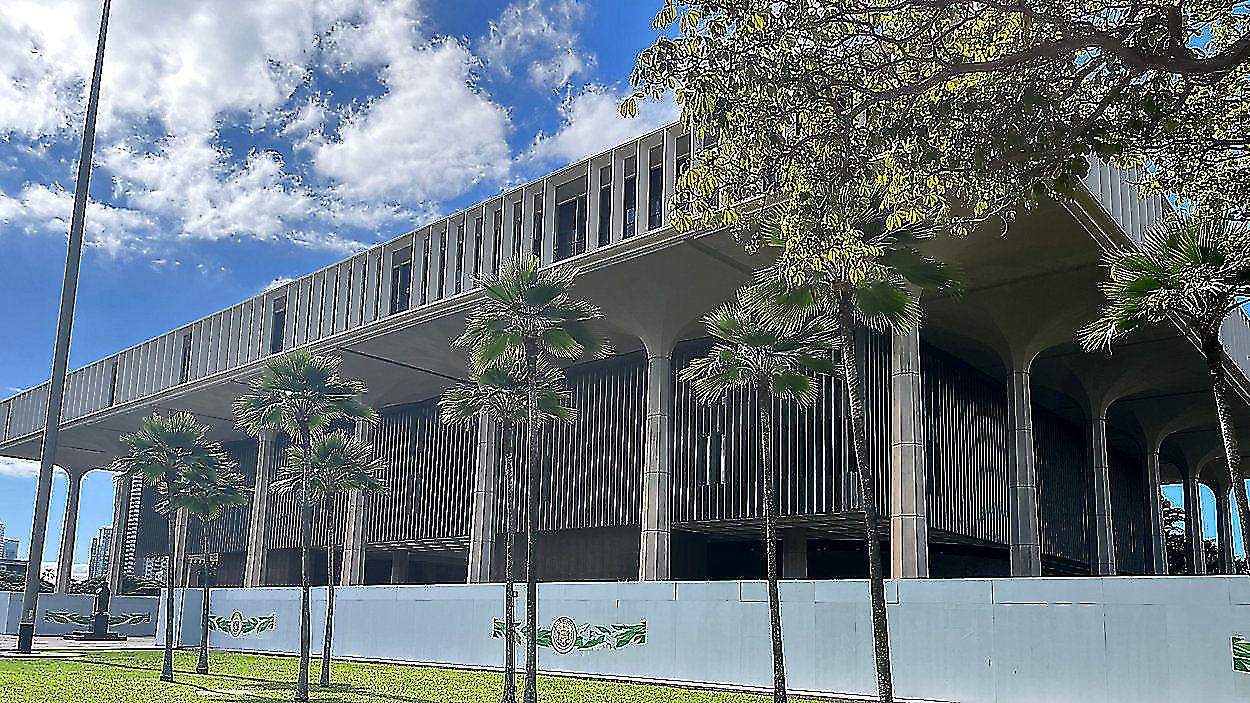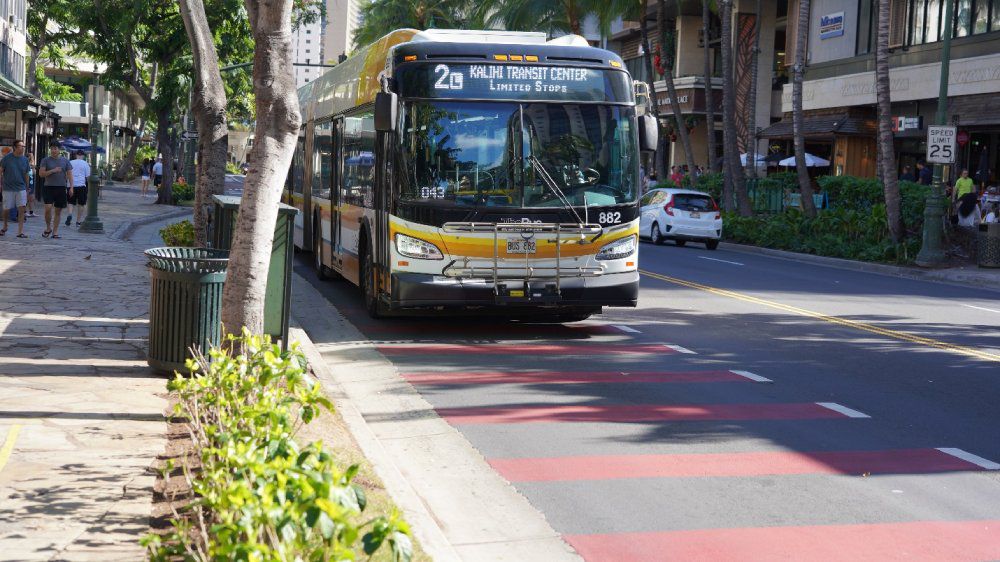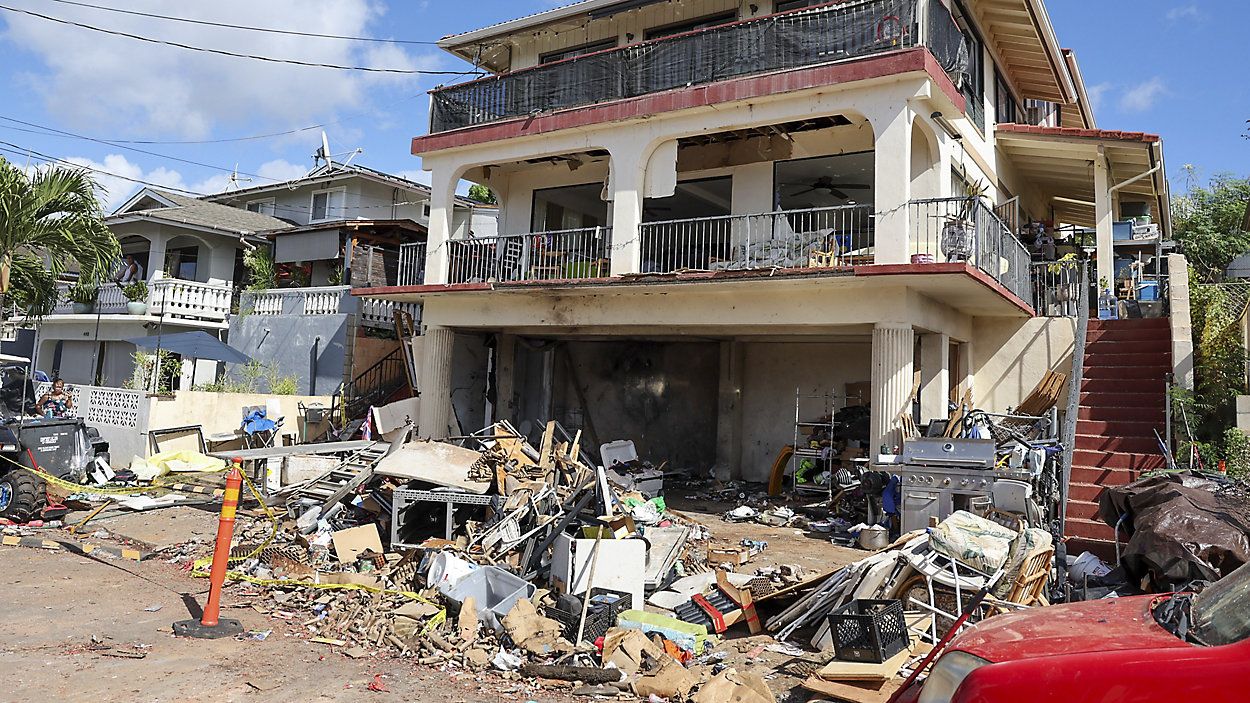Last year, the state established a groundbreaking pilot program that allowed for the state-initiated expungement of non-conviction arrest records related to the possession of small amounts of marijuana.
It may have bitten off more than it was prepared to chew.
Within the first month, more than 2,200 records were flagged for possible expungement. By the end of the year, the Hawaii Criminal Justice Data Center had reviewed 640 of those cases and issued 81 expungements, with 112 more cases pending expungement and 414 cases still under review.
To help expedite the process, Gov. Josh Green last week signed off on House Bill 132, which expands the eligibility for expungement to include non-conviction arrest records for offenses involving any other Schedule V substance in any amount.
(Schedule V substances are controlled substances deemed to have the lowest potential for abuse. This includes marijuana, Ritalin and other drugs used to treat ADHD, antidiarrheal medication, cough suppressants with less than 200 milligrams of codeine, like Robitussin AC.)
The expansion of eligibility is expected to help alleviate the backlog of case reviews. Currently, arrest records do not consistently specify whether an offense was for marijuana or another Schedule V substance, thereby requiring program personnel to manually search arrest and court records to verify. Making all Schedule V substances eligible eliminates this time-consuming step.
"(Last Prisoner Project) is proud that Hawaii has chosen to bolster its first-ever state-initiated process for expungement by passing HB 132 and further expediting the process," LPP director of policy Adrian Rocha said in a statement released on Monday. "These bills represent a significant victory for criminal justice reform, promising relief to thousands of [Hawaii residents] shouldering the burden of outdated drug laws."
Advocates have long argued that arrest records for marijuana possession — even in cases that did not result in conviction — can haunt individuals, who may have difficulty obtaining employment, housing or professional licensure.
“Long after a person is found not guilty at a trial, a judge dismisses the case, or even after a prosecutor decides not to bring charges at all, the arrest record remains,” the State Office of the Public Defender stated in written testimony supporting HB 132. “Employees and landlords hire non-government companies to run background checks on applicants and when that arrest record comes up, the applicants’ chances of getting the job or landing a place to live shrink.”
While several other states allow non-conviction arrest records related to marijuana possession to be expunged, Hawaii was among the first to shift the burden of initiating the process from the individual who was arrested to the state.
The state decriminalized possession of three grams or less of marijuana in 2019.
HB 132, now Act 5 (2025), unanimously passed the House on Feb. 27 and cleared the Senate on a 21-1 vote on March 27. Green signed it into law on April 11.
Michael Tsai covers local and state politics for Spectrum News Hawaii. He can be reached at michael.tsai@charter.com.








